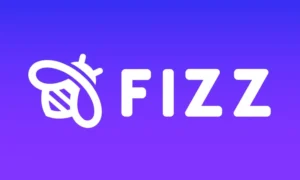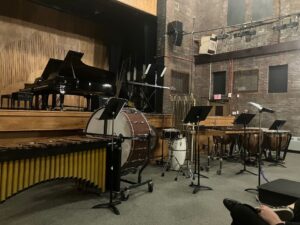What is Productive Procrastination?

Image Courtesy of Pinterest
By Maisy Sullivan
As this spring semester kicks off, every student is trying to start off on the right foot. The first week is full of detailed notes, an organized desk, and finished homework. As we move forward, however, the organization will inevitably fade slowly.
Most of the time, students, myself included, begin to get comfortable with the “game plans” for each class. Thus, we push off assignments until the last possible minute, simply because we know it will get done eventually. This concept has a name: productive procrastination.
Essentially, productive procrastination means that instead of working on assignments, one might clean their room, organize their clothes, or pretty much take care of nearly any other task that isn’t their schoolwork. In other words, important assignments are avoided by accomplishing more menial tasks.
Procrastination that involves doing absolutely nothing is not controversial; it simply is not a good habit to create. It causes stress and can carry over into other important tasks in life. “Productive procrastination” on the other hand, is controversial.
“What could be so bad about pushing off school work if I’m doing other things on my to-do list?”
On one side, cleaning and organizing have no deadline, but assignments do. On the other side, a clear workspace causes for a clear mind; and if organized, one is more inclined to put effort into the tasks before them.
The standing question remains: why do people productively procrastinate? The answer is simple. Especially in terms of school, we get comfortable with the environment of the class. We learn how the professors grade, how flexible they are, and how long it takes to finish assignments.
According to Piers Steel, a psychologist at the University of Calgary, “as the workplace becomes more flexible, the more opportunities there are to avoid unpleasant tasks.” It is more common than most people think. Students spend a third of their day procrastinating.
The solution to this problem is prioritizing. Focusing is easier said than done, especially when it is for a class that is almost gut-wrenching to think about, but prioritizing in advance is helpful.
At the start of the week, write down all of the assignments for the next few days, and designate times to finish them before 11:59 on a Wednesday night. Within that weekly agenda, also set aside time to finish the smaller things on the to-do list. This way, students are able to focus on the exact task that was previously planned. Sticking to this method will be the most challenging part.
There are many methods of focusing on one task when your mind is telling you to do literally anything else. Most students listen to music. It is hard to write, read, or study when listening to music that has words. LoFi music is a great resource for listening to music while doing schoolwork. Standing for “low-fidelity,” LoFi music is characterized by rough production of audio, often with serene background noise and an aesthetically-pleasing composition. Many studies and sources have explained that LoFi’s calming beats are stress-relieving, making it easier to concentrate.
The Washington Post produced an article on LoFi’s psychological effects and found that LoFi is used as a sort of “aural cocoon” to drown out distractions that would pull listeners away from their task. Some of the best LoFi playlists can be found on Spotify and YouTube.
In the end, no student is going to completely cut out procrastination. Though productive procrastination is significantly better than regular procrastination, it is not inherently good to habituate.
Check the boxes of your to-do list off when you actually have free time, then the stress of last-minute assignments will be a foreign concept. Putting oneself in a clean, organized environment to do work is beneficial, and prioritizing important assignments will be key in managing productive procrastination.






